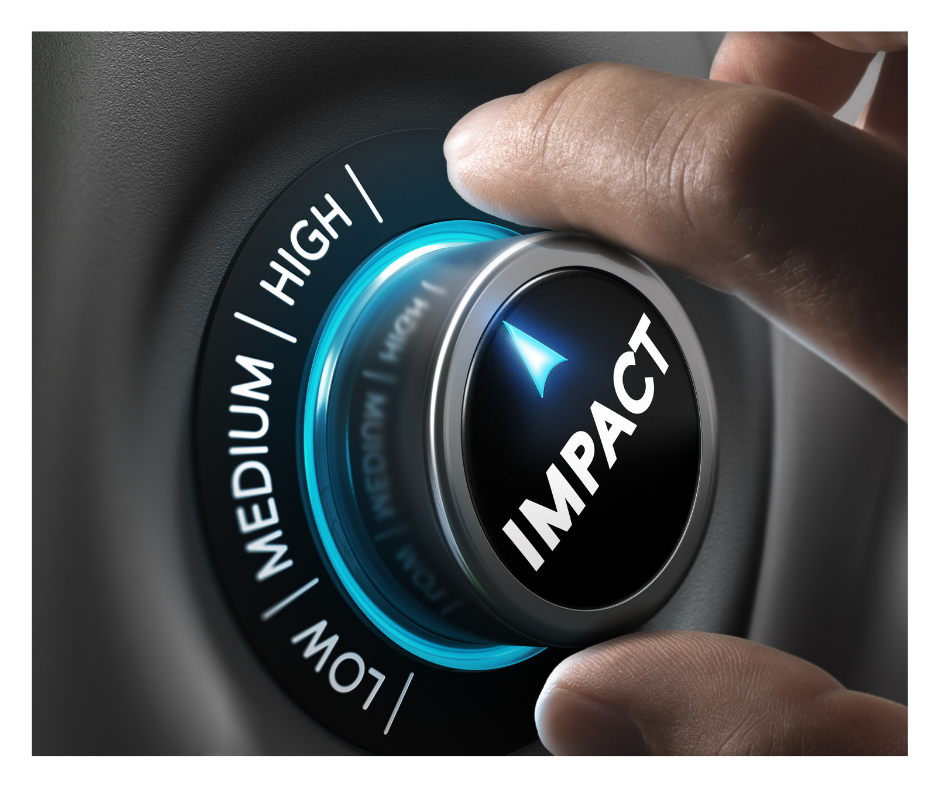Take part in EU consultations and give your comments and input to the topic “Scenarios towards co-creation of a transition pathway for a resilient, innovative, sustainable and digital proximity and social economy ecosystem”
- You have time until 28th February and all the details about the document and ways to send your comments you will find below.
Target audience
Based on their involvement in sectors covered by the proximity & social economy ecosystem, the main stakeholders are industry, associations, social economy partners, public authorities, and other organisations.
Why we are consulting
The Commission services have prepared a staff working document to outline possible scenarios for a transition pathway towards a more resilient, green and digital Proximity and Social Economy industrial ecosystem. Through collaborative efforts, we aim to co-create concrete actions and commitments with all stakeholders of this ecosystem to step up its green and digital transition and strengthen its resilience to future shocks.
These efforts will build on the EU Industrial Strategy update that highlighted the need to accelerate the EU industry’s green and digital transitions and identified the needs and challenges of 14 industrial ecosystems.
They will also build on the Action Plan on the Social Economy, which proposes a series of actions for the 2021-2030 period to support the development of the social economy.
Based on the results of the consultation, the Commission will organise further meetings with stakeholders to deepen the discussions towards finalising the ‘proximity & social economy’ pathway during 2022.
Respond to the consultation
We invite you to participate in this process, running until 28 February 2022, by giving your input via the button below.
Reference documents
Additional information
















Leave A Comment